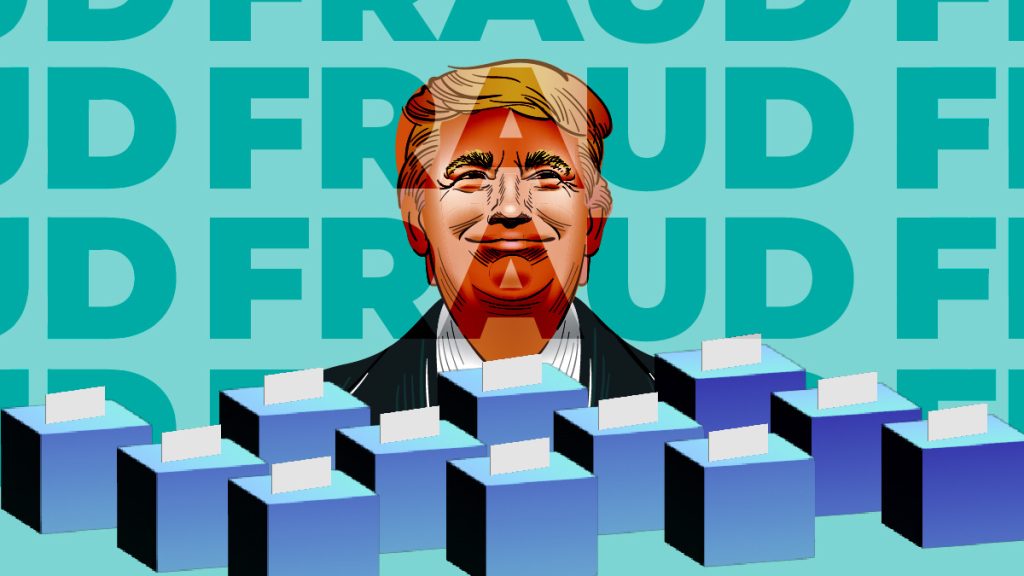
Call me cynical, but I’m not fond of politicians. But to give credit where credit is due, some are good businesspeople with no business running for any political position, let alone for the U.S. office. Yes, I’m looking at you, Donald. You’d think a guy who ran for office four times but only made it once would get the hint, but no. He, instead, got on social media and started talking nonsense about election fraud. Was he right, though? We may never know. But let’s say, for the sake of argument, that there is election fraud; what now? Are blockchain elections the savior of democracy?
Blockchain: The Saving Grace?
While blockchain technology is still relatively primitive, its future is as bright as the colors of the 80s. As a result, many believe this is the solution for election fraud threats. But is it? The more complex technology gets, the smarter hackers become, and the more lacking cybersecurity becomes.
What Does Blockchain Elections Entail?
A blockchain is a distributed data container typically intended to be collectively owned and operated by several unrelated, mutually distrusting organizations acting as peers without a leader or central authority. Blockchain elections serve as a distributed ballot box holding the votes, though it can also store other data types.
Multi-owner Chain
The general public will have confidence in the actions and agreements of a collection of autonomous participating organizations (co-owners) as they gather and store votes cast online in a distributed ledger. While the local Election Agency may be one of the co-owners, it no longer has complete control over determining what ballots have been cast. This strategy represents a fundamental shift in election administration.
Single-owner Chain
The single-owner chain is a unique, condensed version of the multi-owner chain where all co-owners are the same company, either the Election Agency or a supplier or contractor. Since that one company owns and controls the blockchain, the single-owner strategy sacrifices any benefits the multi-owner chain offers.
The Unresolved Issues
On the surface, blockchain is the dream solution for online voting. But such elections still leave several critical problems unresolved, including but not limited to the following:
Authentication
It is impossible to pinpoint who attempts to vote remotely online precisely. For a variety of reasons, passwords are notoriously unreliable. In addition, millions of voters’ birthdates, SSNs, driver’s license numbers, and other personal information have been stolen numerous times in significant data breaches like those at Equifax. So, these details are also off the table.
Malware
Votes could be secretly altered by malware inside the voting device even before transmission. The ballot could also be silently discarded, or the voter’s name and vote choices could be sent to a third party, allowing for intimidation, retaliation, buying and selling votes, or pre-counting ballots. Because the damage is done long before any of the blockchain’s co-owners receive the vote, blockchains cannot address the numerous threats that malware poses.
Final Thoughts
Elections constitute a significant part of democracy, and hackers are becoming more sophisticated as technology becomes more intricate. With the major move to the digital world, democracy could be in jeopardy because anyone with enough experience could interfere. While Trump’s exact claim may be null and void, the general sentiment of “elections are compromised, fix it” still stands. Just when we thought voting could now be fail-safe, we have to think again!
Inside Telecom provides you with an extensive list of content covering all aspects of the tech industry. Keep an eye on our Cybersecurity sections to stay informed and up-to-date with our daily articles.